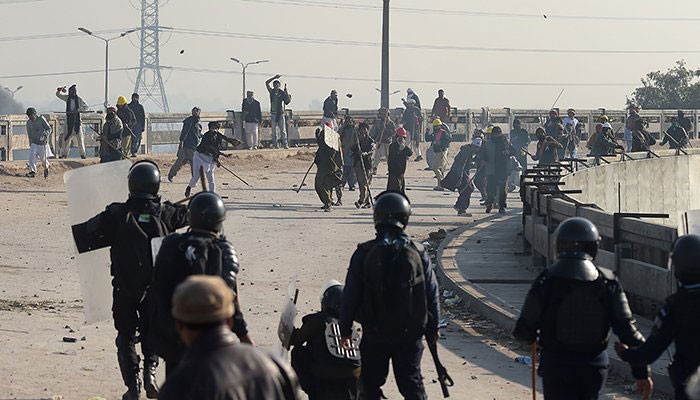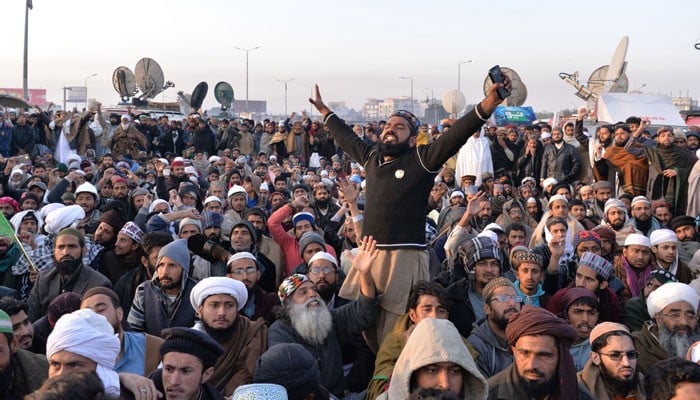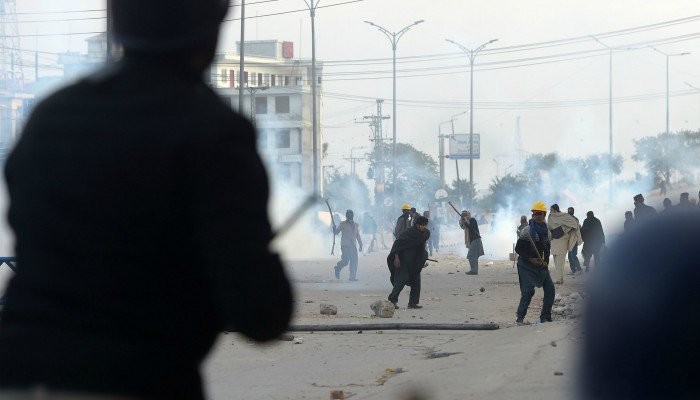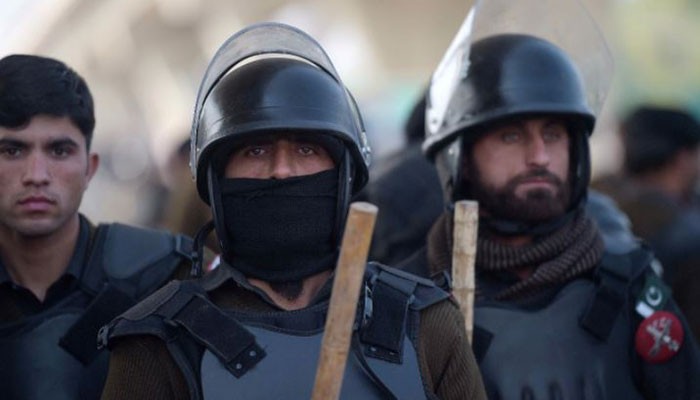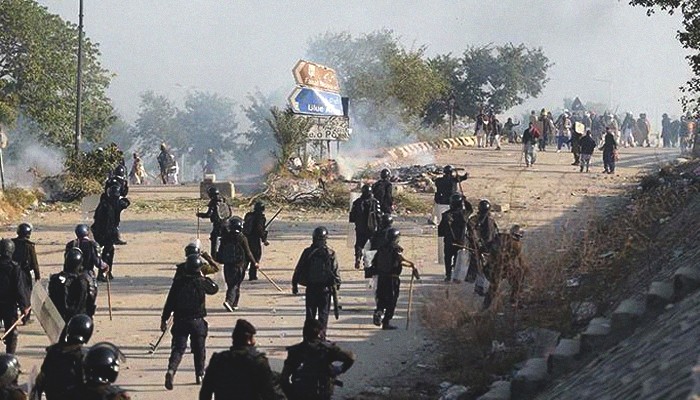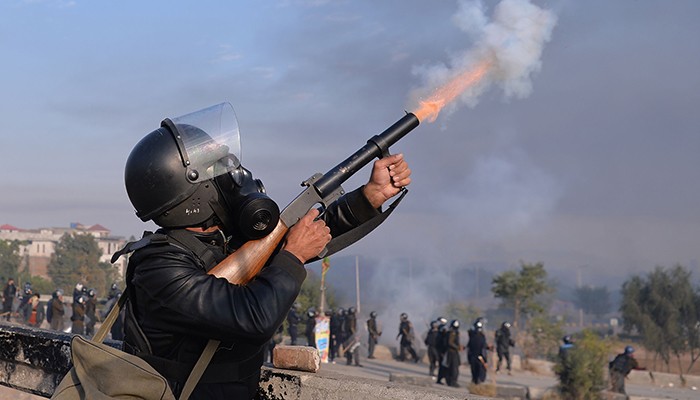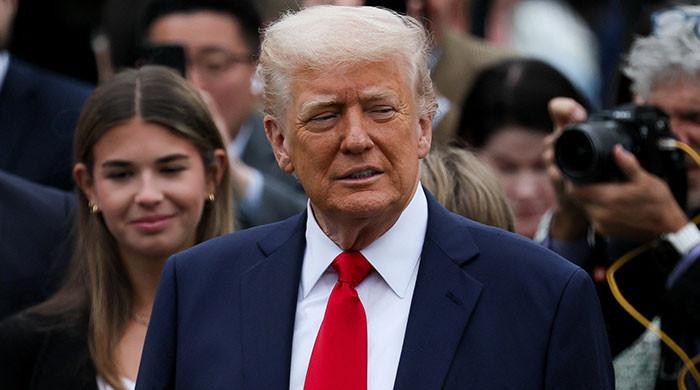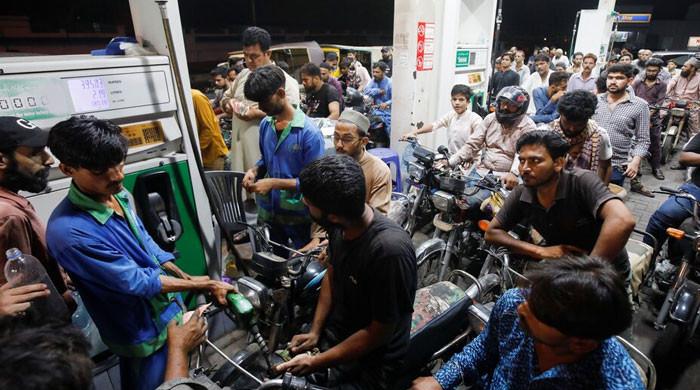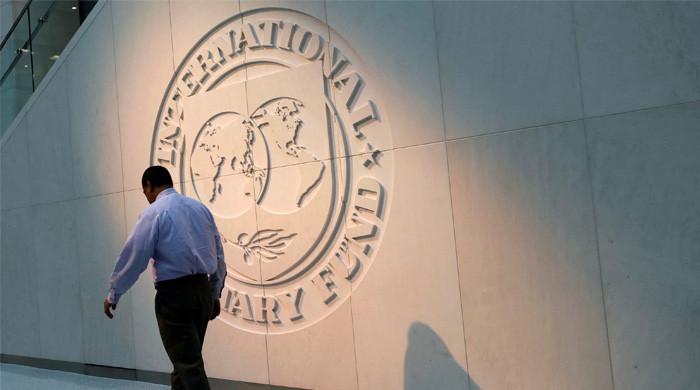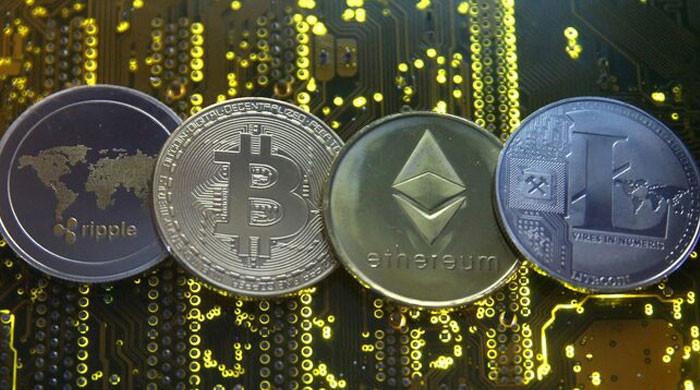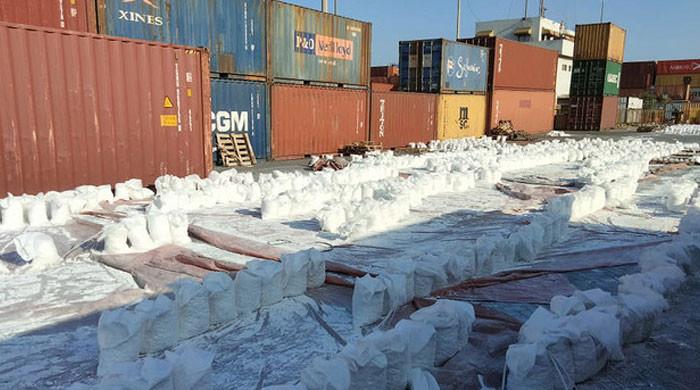We the bigots
'We reduced Pakistan’s religious minorities to second-class citizens a long time ago. Now we have turned on ourselves'
December 03, 2017
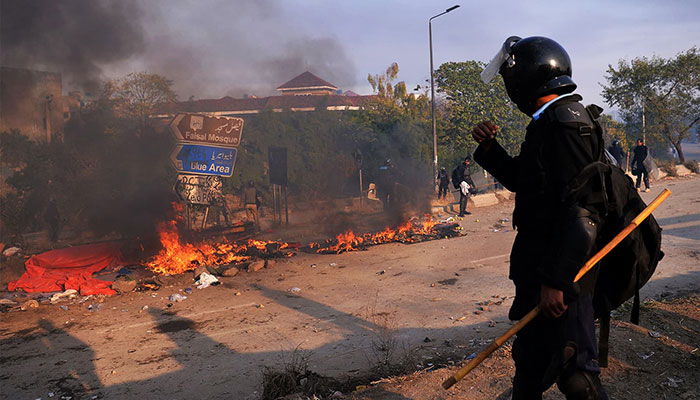
The manner in which the Faizabad dharna ended and the distressing role played by politicos and khakis alike brought home the sorrowful sense that a tolerant and rational Pakistan might have been irretrievably lost. This realisation has brought resignation and gloom instead of anger.
Politics is a dirty business often dominated by trickery and intrigue. But when you find every actor in the polity not just pandering to transient emotion provoked by base motives but also trying to ride the wave of bigotry, you see no light at the end of the tunnel.
Growing up in a high school boarding house you realise that there exist just two categories of people: those who bully and those who are bullied. There is often no sensible middle ground. Survival instinct teaches you to ‘join them if you can’t beat them’. Pakistan has become a giant juvenile boarding house where bigots rule the roost. As leaders across our power elite lack the courage and ability to fight bigotry, they have started a race as to who will be the biggest appeaser and patron of bigots. Understand this and the Faizabad dharna remains no mystery.
In summing up the circumstances that led to imposition of martial law in Lahore after anti-Ahmadi riots, the Munir Report noted in 1954 that, “nobody realized the implications of the demands, and if anyone did so, he was not, out of fear of unpopularity or loss of political support, willing to explain these implications to the public.” One of the most striking features of the report was its inquiry, in interviews with ulema, on how a Muslim is to be defined and distinguished from a non-Muslim (a necessary exercise if rights of citizens are to depend on their faith).
After a failed effort to define a Muslim, the report noted the dilemma: “Keeping in view the several definitions given by ulema, need we make any comment except that no two learned divines are agreed on this fundamental. If we attempt our own definition as each learned divine has done and that definition differs from that given by all others, we unanimously go out of the fold of Islam. And if we adopt the definition given by any one of the ulema, we remain Muslims according to the view of that alim but kafirs according to the definition of everyone else.”
We didn’t heed Munir report’s wise counsel. Once the state got into the business of defining faith to appease bigots and made entitlement to fundamental rights contingent upon the faith of the citizens, the journey from pacifying the Ahrar to being held hostage by Khadim Rizvis was just a matter of time. Bigots have now tasted blood. We gave them the power to ostracise fellow citizens on the basis of their faith, and hoped things would rest there. Why would they? They are now determining who from amongst the Muslim majority is Muslim enough.
The Faizabad dharna and its end have raised some foundational questions. One, does Pakistan guarantee freedom of religion and conscience to its citizens? Freedom and tolerance are indivisible values. You can’t allow freedom to one set of citizens and deny it to another. Article 20 of our Constitution guarantees every citizen “the right to profess, practice and propagate his religion” subject to law, public order and morality. The Faizabad dharna has established that the right of even the Muslim majority to practice faith without fear remains at the mercy of any group of vigilantes led by a maulvi or pir who can threaten public order.
We reduced Pakistan’s religious minorities to second-class citizens a long time ago. Now we have turned on ourselves. That is the very nature of cannibalisation. It starts with the ‘others’. But once one category of ‘others’ has been decimated there is a need to create new categories. So Pakistan’s majority (ie Sunni Muslims) should prepare to be included and excluded from the circle of Islam by maulvis and pirs commanding the allegiance of a few hundred goons (or whoever possesses the skill to transform ordinary illiterates into goons in faith’s name).
Two, will the state continue to barter an essential feature of its sovereignty (ie monopoly over violence) in pursuit of its political or security agenda? Have all past state experiments with use of non-state extremist groups not blown up in our faces? Remember 2004 when the corps commander XI Corps chose to garland Nek Mohammad; this was followed by the Shakai peace deal? The peace deals with extremists obliterated existing structures of political and administrative authority in Fata. Our military has been engaged in one operation after another ever since. And we are still struggling to get a handle over the tribal areas.
In his foreword to Amir Mir’s book ‘Talibanization of Pakistan’, Khaled Ahmed wrote that, “the mother of all jihadi organizations is Sipah-e-Sahaba Pakistan… I thought SSP was an organization [the] Pakistani state no longer stomached by the end of 1990s because it killed the Shia and offended Iran.” But, says Ahmed, he was shocked as late as 2006 when a well-known intelligence agency facilitated a grand congregation of [the] SSP in Islamabad “under the very nose of a ‘liberal’ General Pervez Musharraf.” “He was to be brought down the very next year by his hubris… but, more poignantly, by his assault on the very Lal Masjid in Islamabad where [the] SSP had organized the grand rally on 7 April 2006.”
Nurturing and appeasing ideologically motivated extremist groups in the hope of controlling and using them as tactical weapons has been our biggest blunder. The leaders of these groups may be controllable, but the same cannot be said for their followers. Thus when the state is required to change policy, as happened post-9/11, these ideological weapons turn on the state. Remember how Fazlullah started out with his radio sermons in Swat? Khadim Rizvi might fade away. But another will replace him. And it might be hard to evacuate Punjab and carry out physical ops here like we have been doing in Fata once things blow up.
Three, what constitutes the state of Pakistan? Article 90 of the constitution states that the executive authority of the federation is vested in the federal government. Article 243 states that the federal government shall have the control and command of the military. And Article 245 states that, “the armed forced shall, under the direction of the federal government…act in aid of civil power when called upon to do so”. Are the police and civil administration not part of the state? How can the Faizabad dharna’s end be celebrated when it destroyed the legitimacy of state authority exercised by the police and civil administration?
Is the military a separate pillar of state, independent of the executive? When a violent mob attacks the police and applauds the military, is that a good omen for Pakistan? Forget the blundering civvies, do thoughtful men in khakis believe that the response to attacks on the police ought to have been throwing khaki weight behind the police or behind the attackers? Assume for a minute that the Rangers had conducted the botched operation and soldiers had been attacked, kidnapped and beaten. Would both sides have been told to keep the peace? Would the attackers have been paid per diem and patted on the back?
De-legitimisation of de-jure authority that flows from law and augmentation of de-facto authority that flows from the possession of physical force is the antithesis of rule of law. Thoughtful men in khakis must know that if physical force is the only thing that holds us together as a polity as opposed to laws that are accepted and obeyed, we will descend into tribalism. A major general acting as guarantor to a shameful agreement signed between rioters and our interior minister is a matter of shame for civvies and khakis alike.
We employed the good-and-bad extremist distinction while using non-state actors in the realm of national security with ruinous consequences. We now seem eager to employ the same failed idea to achieve political ends. The fire we are stoking will consume the N-League first. But it won’t stop there. It will engulf everyone, including the opposition parties and the military.
The writer is a lawyer based in Islamabad.
Email: [email protected]
Originally published in The News
